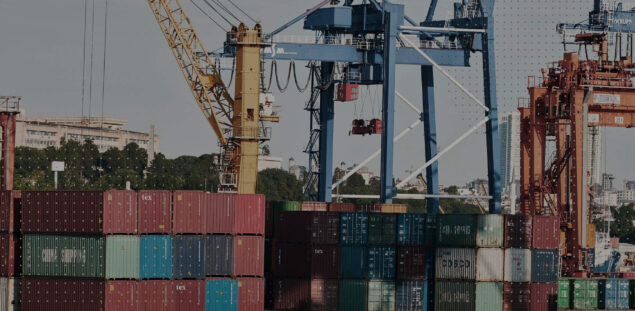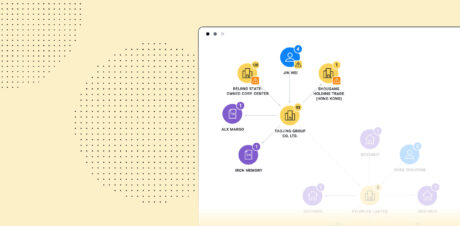The Bureau of Industry and Security (BIS) Entity List used to be just that — a list of entities. Now, as of June 2024, the List includes addresses too.
The Entity List identifies persons reasonably believed to be involved, or pose a significant risk of being or becoming involved, in activities contrary to the national security or foreign policy interests of the U.S. With this new approach from BIS with regards to the List:
“BIS is targeting the shell company service industry by creating a new regulatory framework for listing addresses on the Entity List that present a high risk of involvement in unlawful diversion.”
Why BIS is adding addresses to the Entity List
Names and addresses are critical attributes to assess and monitor within an export control compliance program. The BIS action formally highlights the importance of not only the ‘who’ but also the ‘where’ surrounding transactions. For the first time, BIS will list addresses on their own, separate from any associated party.
The addition of address-only entities recognizes that international transshipments through shell companies can be hard to detect with only the addition of a name to the Entity List. These shell companies are easy to dissolve and reform to evade sanctions and export controls.
Shell companies rely on service providers to enable them with addresses to list on corporate paperwork, mailboxes, and accounting and similar services required to engage in trade. When BIS lists shell companies on the Entity List, it is often at the address of these service providers. Some of these addresses present a high diversion risk and appear multiple times on the Entity or Unverified Lists under different company names.
BIS is now publishing these high diversion risk addresses on the Entity List, thus triggering a license requirement for all entities who use that address. The goal is to more effectively combat unlawful diversion and incentivize a stronger awareness of export compliance among the corporate service providers that facilitate trade through shell companies.
>> Get best practices to manage compliance with evolving international trade policy <<
The addition of address-only designations to the Entity List means that organizations will need to undertake enhanced due diligence. BIS recommends screening both the name and address of a party to an export transaction to comply with license requirements that may apply to certain addresses.
Best practices when searching for addresses
There are two prerequisites for successful address screening in light of the BIS change: 1) ensure your third-party screening solution maintains a regularly updated BIS Entity List, and 2) ensure your solution supports address screening.
Here are some best practices when searching for addresses:
- Conduct address-only searches. Your search approach shouldn’t clear an entity based on its address or clear an address based on its entity. A high-risk address should raise a red flag regardless of the entity name linked to it.
- Conduct searches on specific address components. All addresses can be broken down into distinct units (street, district, city, etc.). Searching for these distinct parts in different combinations can uncover co-located companies that omitted a single address component on public records.
- Ensure the investigative team are trained on the need to run address-only searches and are aware of best practices on conducting these searches.
>> Learn more about using location as an investigative tool <<
How Sayari supports address searching
Company addresses are valuable pieces of data in the hands of an adroit investigator. They can reveal more about a company than simply where it is physically located. For example, matching addresses between two companies can provide evidence that individuals who share a name and are associated with both companies are likely the same person. Similarly, an address shared by two or more companies can help analysts identify links that otherwise might be missed.
Sayari takes an approach of maximum searchability across dozens of potential fields, including both name and address. Users can conduct advanced searches on street address, city, state/province, and country. In addition, Sayari’s in-application translation capability applies to addresses as well as other identifiers.
Sayari Graph’s Shared Address feature within an entity profile can help compliance teams monitor for the BIS red flag regarding an entity using the same address as a listed entity or listed address. Co-location, among other forms of overlapping attribute and relationship information, could indicate that a corporate entity is potentially tied to a broader corporate network of interest. The Shared Address tab lists additional entity profiles of people and companies that share an address found in that entity’s Address tab.
For additional updates on the evolving landscape of international trade compliance policy — and how companies are responding — watch our webinar featuring global trade advisor Anne Marie Lacourse.



